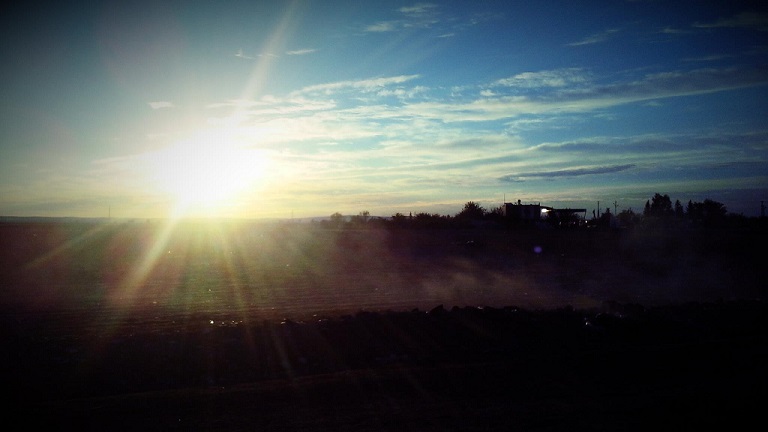Comunicato Stampa della delegazione di URFA
La delegazione italiana della missione di osservatori internazionali per il Newroz in Kurdistan, che aveva con sé un carico di farmaci, oggi (21.03.2015) è stata bloccata al confine turco tra Suruç e Kobanê nonostante avesse richiesto l’autorizzazione alle autorità turche. Suruç ospita 6 campi profughi autogestiti dalla municipalità e 1 gestito dal governo turco per un totale di almeno 15.000 persone. Prima della liberazione di Kobanê il numero dei profughi era circa il doppio: le persone vogliono tornare alle loro case e poterle ricostruire dopo la distruzione della città da parte dell’ISIS.
Abbiamo constato personalmente, arrivando al confine, che ogni varco verso Kobanê è chiuso: non possono passare né gli aiuti umanitari né i materiali per la ricostruzione e il ritorno dei profughi è reso difficile da pratiche burocratiche discrezionali. La stessa municipalità di Suruç chiede da ottobre che venga aperto un corridoio umanitario che garantisca il passaggio di tutti gli aiuti necessari per la città e il cantone. A Kobanê in questo momento mancano acqua, fognature e impianti elettrici e il territorio della città è stato minato dall’ISIS durante la ritirata: è evidente la necessità immediata dell’apertura di un corridoio umanitario permanente.
Delegazione Italiana a Urfa
**
The Italian delegation of the international watchers’ mission for Newroz in Kurdistan today (21.03.2015) has been rejected at the border between Suruç and Kobanê. The delegation was carrying medicines and had requested the authorization to the Turkish authorities. Suruç is hosting 6 refugees camps, managed by the municipality, and a larger one organized by the Turkish government. In the camps are living at least 15.000 people. Before Kobanê’s liberation there were almost twice as much refugees: they want to come back to their homes to rebuild them after the IS destroyed the town.
At the border we have witnessed ourselves that every passage to Kobanê is closed: neither humanitarian aids nor building materials can cross the border. The refugees are subjected to heavy discretionary bureaucratic practices in order to return to their homes. Even the Suruç municipality has been demanding since October the opening of a humanitarian corridor to guarantee all the needed aids for the town and the district. Kobanê at the moment lacks water, drainage and electricity; all the town and the district were mined by IS during their backdown. The immediate need for an everlasting humanitarian corridor is obvious.
Italian delegation in Urfa

